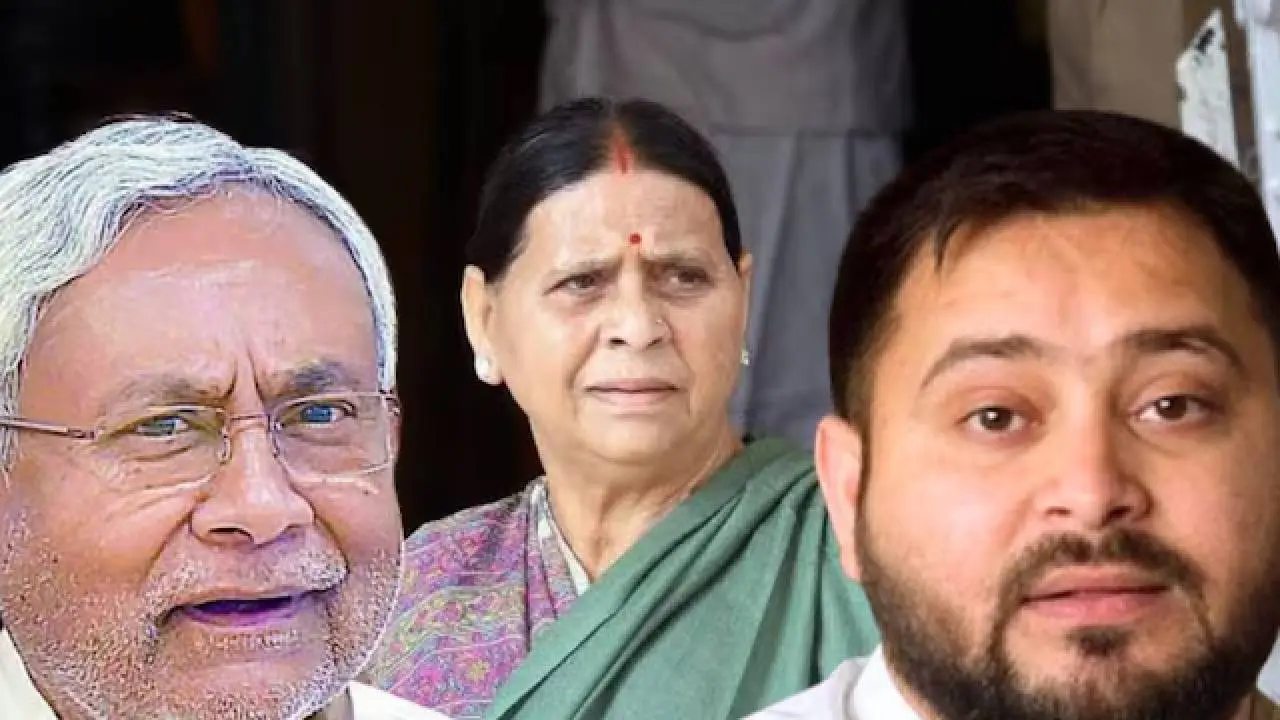
Comeback of Rabri Era or Electoral Engineering? Voter List Overhaul Sparks Political Storm in Bihar!
National New: A major administrative move ahead of Bihar elections has triggered political ripples across the state. For the first time in 22 years, a Special Intensive Revision (SIR) of the voter list will be conducted—last done during Rabri Devi’s tenure as Chief Minister. Under this process, booth-level officers will physically visit households to verify names, eliminate bogus entries, and add eligible voters. Unlike routine revisions, SIR is an extraordinary measure taken when the Election Commission suspects serious flaws in the electoral roll. This has stirred Bihar’s political landscape, especially with state elections approaching fast. The opposition alleges this is “electoral engineering” by the ruling party, while the government claims it’s a move to ensure democratic transparency. The real question remains—is this a genuine cleanup or a strategic political maneuver in disguise?
For the first time since 2003, the Election Commission of India (ECI) has announced a Special Intensive Revision (SIR) of the voter list in Bihar. This is no ordinary update — it signals a full-scale verification, with booth-level officers set to visit every household. The move has caught political players off-guard, especially with state elections on the horizon.
The last time this intense voter scrutiny took place, Rabri Devi was Chief Minister and Bihar’s politics was under Lalu Prasad’s shadow. Fast forward 22 years, and the landscape has changed — or has it? Just like back then, an aggressive revision campaign could reshape political equations and upset long-settled voter dynamics.
With the voter roll set for a major cleanup, both CM Nitish Kumar and RJD’s Tejashwi Yadav may have reason to worry. Any fluctuation in the youth vote, migrant base, or rural voter inclusion could swing key constituencies. A tightened list means fewer ghost voters — but whose support base includes more of them? That’s the question simmering in Patna’s power circles.
Unlike the routine Special Summary Revision held annually, SIR is an in-depth audit triggered when the EC suspects irregularities or demographic shifts. It goes beyond digital corrections — with door-to-door verification. New voters get added, dead or migrated names get struck off, and erroneous entries corrected. The process is both bureaucratic and politically sensitive.
Bihar’s population has seen massive migration over the last two decades. If SIR accurately reflects these changes, parties heavily relying on traditional caste blocks may face surprises. Youth voters, women in rural zones, and returning migrants may hold the balance — but only if they’re correctly listed. That’s where the revision becomes more than a technicality.
Any EC move that alters the voter base invites allegations and counter-allegations. Expect accusations of bias, tampering, or exclusion from both sides. With Assembly polls not far away, the SIR could spark the first major political flashpoint — with leaders questioning not just each other but the process itself.
The ECI’s decision to initiate a process it used only once in two decades is a statement in itself. It suggests a serious intent to overhaul Bihar’s voter integrity before elections. But the political aftershocks could be bigger than anticipated. In a state where elections are fought with surgical caste calculus, even a minor change in the rolls can trigger a major reshuffle.





Copyright © 2026 Top Indian News
